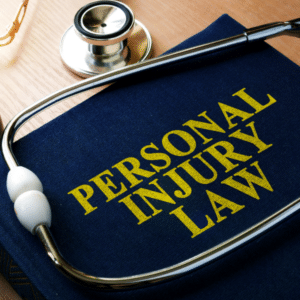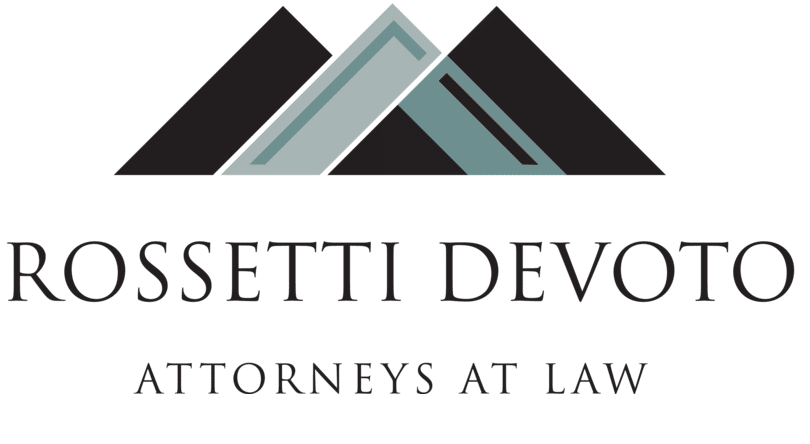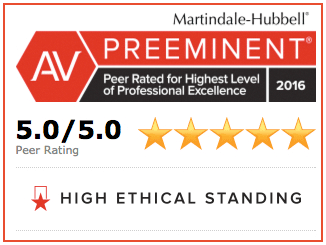What Is Title 59 and How Does It Affect Personal Injury Claims?

When a person gets an injury through the fault or negligence of another person or company in New Jersey, they have legal recourse to file a claim. With this, they may seek compensation for the damages and medical costs associated with their accident. But what happens if the negligent party is the State of New Jersey? Or, another local public entity, such as a town, county or public agency? State and local public entities are entitled to protection from certain lawsuits; under a law known as the Tort Claims Act. This Act is codified under Title 59 of the New Jersey Statutes. It protects public entities from being sued in certain types of cases. Additionally, it limits the nature and degree in which they can be eligible for prosecution in other cases.
What is Title 59 and how does it affect personal injury claims?
Title 59 and the New Jersey Tort Claims Act
Title 59 preserves the common-law rule of “sovereign immunity”. This means that it protects the state of New Jersey and its agencies from prosecution. The Tort Claims Act, however, includes special areas where a prosecution for negligence is possible for a State or local public. That is, provided that the injured party complies with all aspects of the Act before filing a lawsuit.
Types of Claims Preserved Under Tort Claims Act
The most common claims preserved under the Tort Claims Act include:
- Dangerous conditions of public property;
- Automobile negligence caused by any State or local employee;
- Negligence of a public employee in carrying out his or her routine tasks as long as that employee is not immune from suit by other provisions under the Act.

Notice and filing a Claim Under Title 59
If you are injured due to the negligence of the state of New Jersey or one of its agencies, you may be entitled to file a claim under Title 59 of the New Jersey Tort Claims Act. Title 59:8-4 states that the following information is obligatory in any claim:
- Name and address of the claimant.
- Address where the individual bringing the claim desires to receive notices.
- The time, location and circumstances of the occurrence or transaction which gave rise to the claim asserted.
- Any names of the public employees who caused the injury or loss (if known).
- The monetary amount claimed as of the date of the presentation of the claim; including the estimated amount of any perspective (or future) injury, damage, or loss. Insofar as it may be known at the time the claim is presented together with what the basis for the computation of the amount claimed.
Most importantly, the Tort Claims Act requires Notice of your intent to sue within 90 days of the alleged incident. That means the public entity that you claim was negligent must be advised of the above-mentioned details within 90 days of its happening. This Notice is a requirement, even though the time period in which a person must actually file the lawsuit is generally two years. Some limited exceptions apply to this Notice provision that can extend the time period. But generally, if the correct public entity does not receive a timely notice within 90 days, your potential lawsuit will end up barred.
If You Get an Injury by a New Jersey State Employee, Seek Expert Legal Help Now
If you are the victim of someone’s negligence and feel you are owed compensation for your pain and suffering, you need an experienced and knowledgeable attorney on your side. This is especially true if the negligent party is an employee of the State of New Jersey. Or, other local public entity. Rossetti & DeVoto, PC is willing to assist you through the process of claiming compensation for your injuries. Our New Jersey personal injury attorneys will relentlessly fight for your rights, and make sure that you always come out on top. Call us today at (844) 263-6260 for a free, no-obligation consultation.









